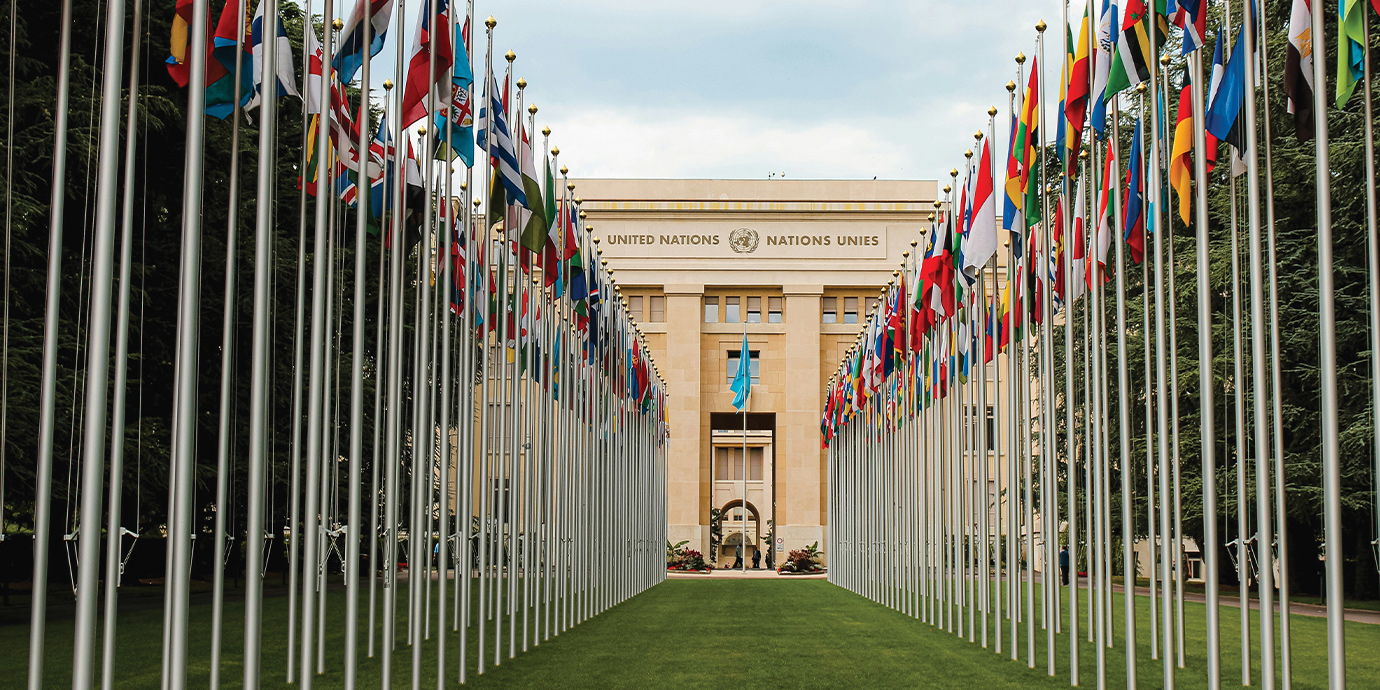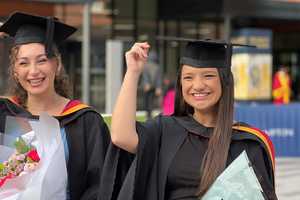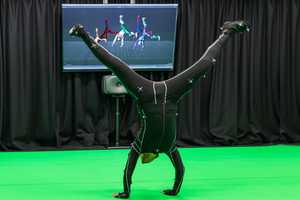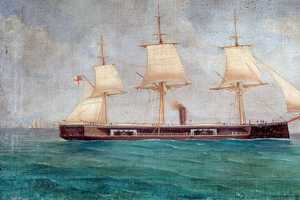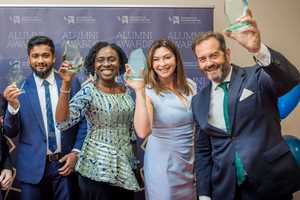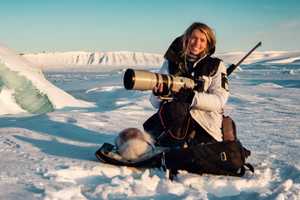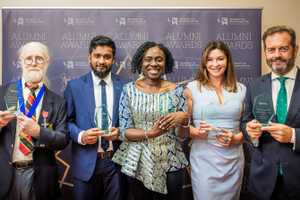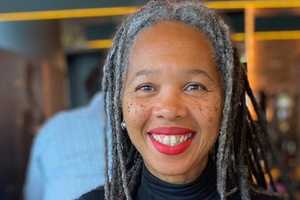The University of Wolverhampton has taken its relationship with the United Nations to “the next level”, with a groundbreaking new partnership that will invigorate sustainable development education, research, and collaboration.
A new memorandum between the university and the United Nations Institute for Training and Research (UNITAR) will create exciting new opportunities for students taking courses in public health, international relations, and likely more.
Professor Vijay Maharaj Reddy, who helped spearhead the partnership, is thrilled by its potential. He said: “We are looking at joint course delivery with the UN, down the line. This needs further discussion, but three courses we have discussed include international relations, public health, and sustainability and climate change.
Before this, we are thinking of introducing student trips to the United Nations, managed by UNITAR and based in Geneva. We also want to introduce postdoctoral fellowships to drive new research focusing on different sustainable development goals, plus organising joint conferences between UNITAR and Wolverhampton.
While this isn’t the first time the university has collaborated with the UN, this agreement is a huge step forward for the relationship.
On the university side, the new memorandum is led by Professor Reddy, Professor Clare Schofield (Dean of the Faculty of Arts, Business and Social Sciences), and Professor Prashant Pillai (Pro Vice-Chancellor for Research and Knowledge Exchange).
In early 2024, Prof. Reddy reached out to Nikhil Seth, the UN Assistant Secretary-General, who he has known for 12 years. Although Nikhil and UNITAR are always extremely busy, at Prof. Reddy’s request they kindly visited the University of Wolverhampton in July that year to deliver a keynote speech, celebrating the 50th anniversary of the Centre of International Development and Training. This prestigious event acted as the seed for the auspicious new partnership.
Prof. Reddy continued: “It took another six months for us to explore the possibility of the partnership. Clare (Schofield) and I visited Geneva and had further meetings with the UN Assistant Secretary-General and his team. Then we finalised through a broader memorandum of understanding that we will explore and develop this, moving forwards.
“We signed the letter of agreement on January 15th, 2025.”
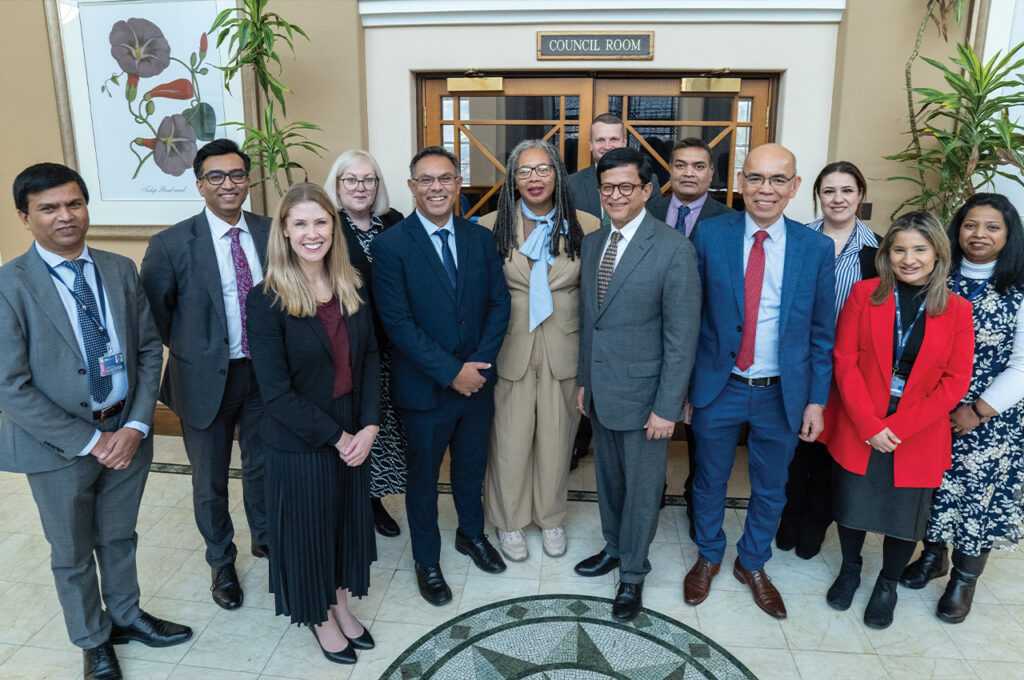
The partnership will further prioritise the UN’s 17 Sustainable Development Goals (SDGs) for the University of Wolverhampton, streamlining research and knowledge exchange projects and ensuring they focus on sustainable outcomes. The new projects will showcase sustainable practices, international exchanges, and talent training for sustainable economic development, with the potential for widespread expansion.
Prof. Reddy said: “The university’s Vision 2035 strategy has been a driving force for us to negotiate with UNITAR to develop this partnership. It very much fits with our vision as well as our priorities, for example, in terms of research, knowledge exchange, and their societal influence and impact.”
One of the more significant outcomes of the memorandum will be the founding of a new University of Wolverhampton research centre, dedicated wholly to achieving UNITAR’s sustainability targets.
Students will benefit from the partnership through jointly run courses, research projects, and optional field trips to Geneva. Prof. Reddy said: “These trips will allow students to see in person how international relations and international diplomacy work, in a live setting at the United Nations. They can also hear from different UN bodies, such as the UN World Health Organisation, UN Disaster Risk Reduction agency, UN Human Rights Commission, World Intellectual Property Organization, and the United Nations Environment Programme.
“They will get different sessions organised by UNITAR to hear about up-to-date global policy and global priorities, helping to advance their learning. This should all be very, very useful to the students.”
The potential impact of the new partnership is beyond anything the university has attempted with the UN before. Prof. Reddy envisions hundreds of students visiting and gaining firsthand knowledge of the UN’s inner workings, as well as University of Wolverhampton research being highlighted on a global stage, and employability opportunities within UN bodies for the right future graduates.
Prof. Reddy said: “The dream objective is to create a nexus between research, knowledge exchange, and education.”
